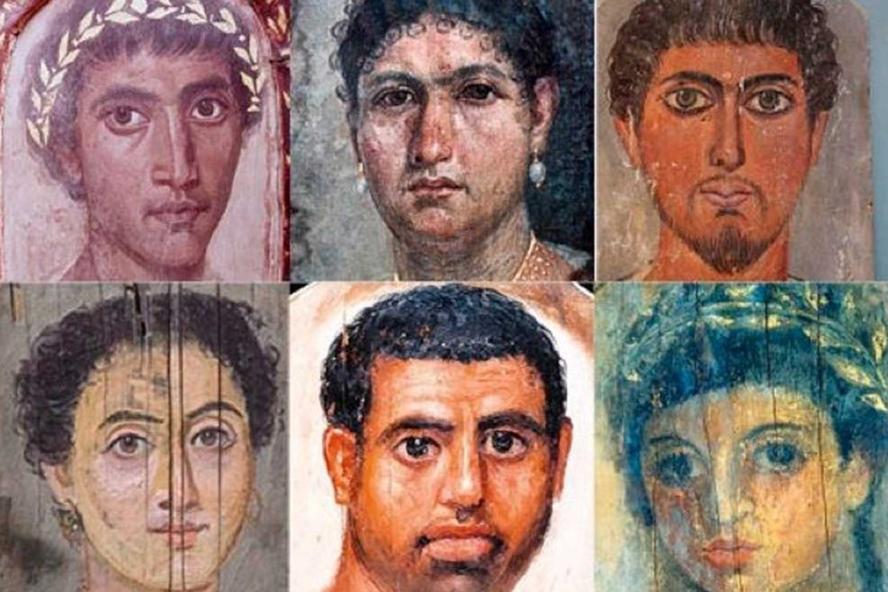New Major Announced: Ancient World Studies

A New Vision for Undergraduate Classical Studies at Tufts
Classical Studies is pleased to announce a number of important changes in our curriculum that reflect new directions in Classics and its important place in Liberal Arts Education at Tufts in the 21st century.
The most groundbreaking change is the creation of an entirely new “flagship” major – Ancient World Studies—focused on the entire range of human experience across the globe between ca 3000 BCE – 800 CE (i.e. the Late Holocene and Early Anthropocene periods). This broad, interdisciplinary liberal arts program introduces students to the histories, literatures, and material cultures of the Greeks, Romans, and other related ancient cultures. This broad, interdisciplinary liberal arts program introduces students to the histories, literatures, and material cultures of the Greeks, Romans, and other related ancient cultures.
The study of antiquity has always been fundamental to our understanding of the human condition, as many of the structures, values, and institutions that have shaped the history of humanity were formed in this epoch. Our Ancient World Studies program unifies disciplinary areas like Classical Studies (for the Greco-Roman world), Near Eastern Studies (for western Asia and Egypt), Ancient Chinese studies, and so on, framing the study of the ancient world around questions of liberty, justice, equity health, race, gender, and the environment, benefiting from new research and scholarship not only in languages, history, and linguistics, but in anthropology, archaeology, art history, economics, political science, sociology, and the natural sciences.
Ancient World Studies is also a particularly good laboratory for the study of diversity, along many dimensions — not just ethnic and racial, but linguistic, political, and ethical. For example, all ancient societies, whether organized into cities or as peoples scattered across a common homeland, had forms of political and social organization that anthropologists, political scientists, philosophers, and sociologists, have recognized as part of the fundamental structures of humanity across time and space. Observation of those diverse communities lets us see what has worked, what hasn’t, and why.
Traditionally, the study of Antiquity has largely been split into various disciplinary cones: Classics or Classical Studies for the Greco-Roman World; Near Eastern Studies for western Asia and Egypt, Ancient Chinese studies, pre-Columbian societies in the New World and so on. These divisions reflect in part the way in which Euro-American academic perspectives—influenced by colonialism and orientalism, for example--have dominated the optic in which we view Antiquity.
With Ancient World Studies, we seek to unify these subfields and reframe the ancient past and its legacy in ways that align with the themes and perspectives that have emerged in recent decades both within and beyond academia around questions of liberty, justice, equity, health, race, gender, and the environment , and as a consequence of new research and scholarship in, among other fields, Anthropology Archaeology, Art History, Biology, Chemistry, Classical and Romance Languages, Economics, History, the Earth and environmental sciences, Genetics, Linguistics, Nutrition, Philosophy, Political Science, and Sociology.
Ancient World Studies also more accurately reflects what we do already within the department, and in collaboration with other departments and programs, which includes the experiences of people outside the seats of power; we read graffiti, personal letters, account books, and other non-literary texts; we study the development of medicine and mathematics; we look not only at the at the world of Greeks and Romans, but the histories, identities, economies, political systems, material cultures, and cults, of ancient China, India, Egypt, North and West Africa, the Near East, and northern Europe.
Finally, in addition to the new Ancient World Studies major we have revised our majors and minors in Greek and Latin, Classical Studies and introduced new minors in Ancient World Studies and Ancient World Archaeology.
BA in Ancient World Studies Minor in Ancient World Studies Minor in Ancient World Archaeology